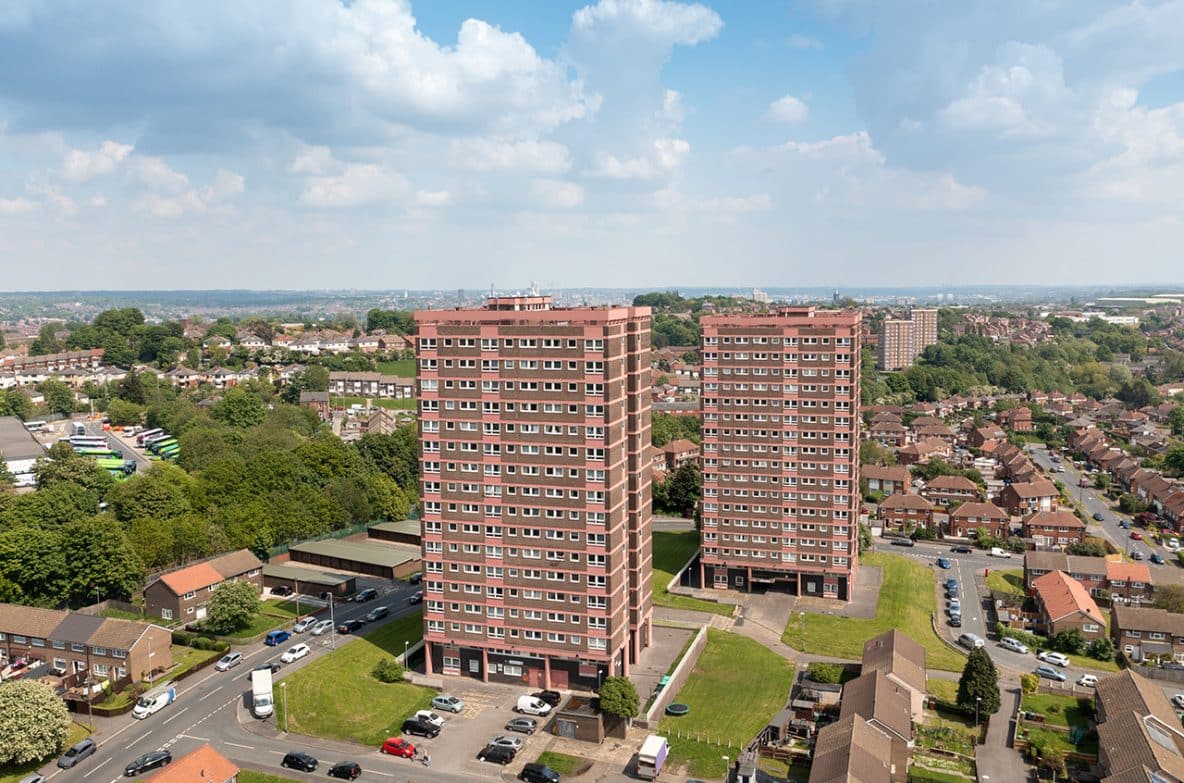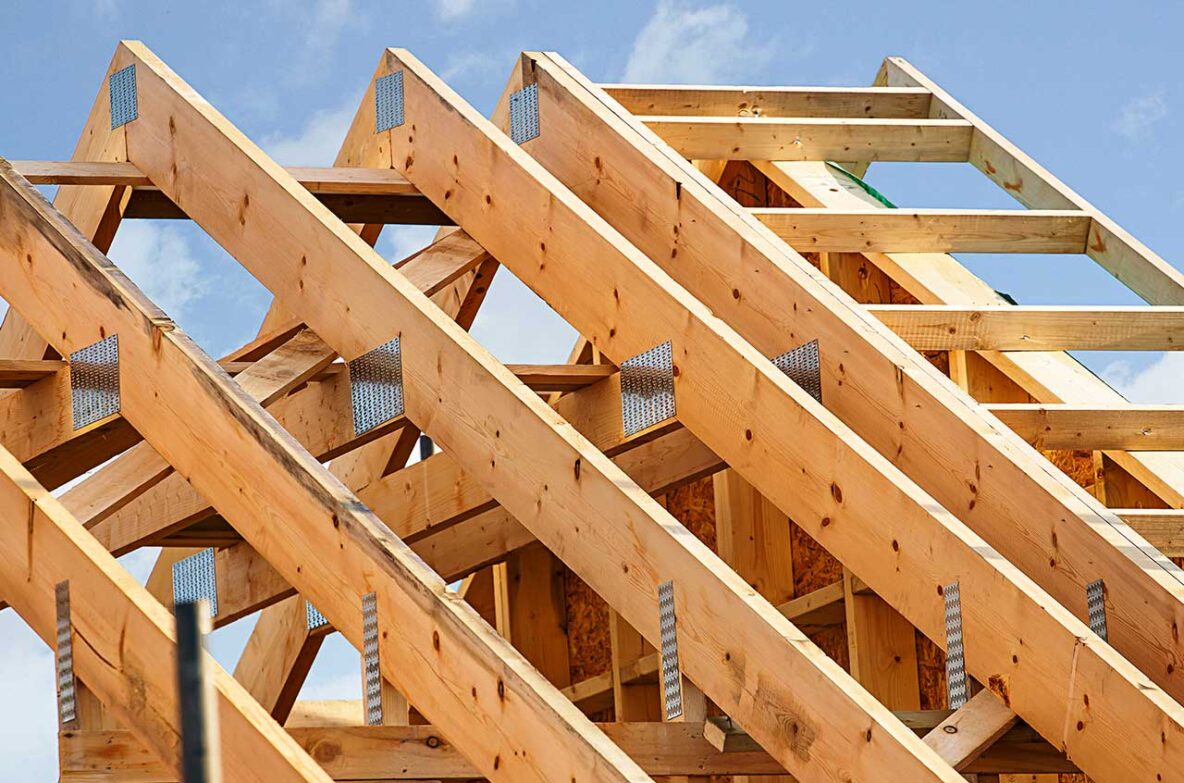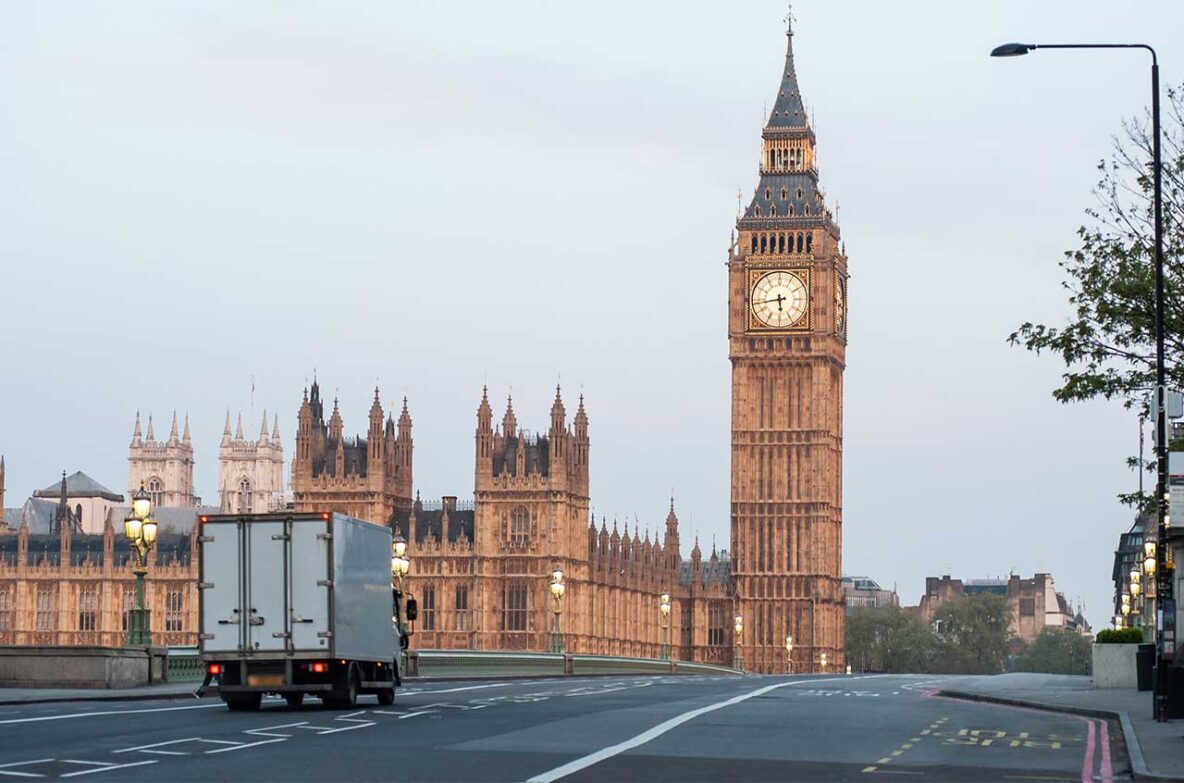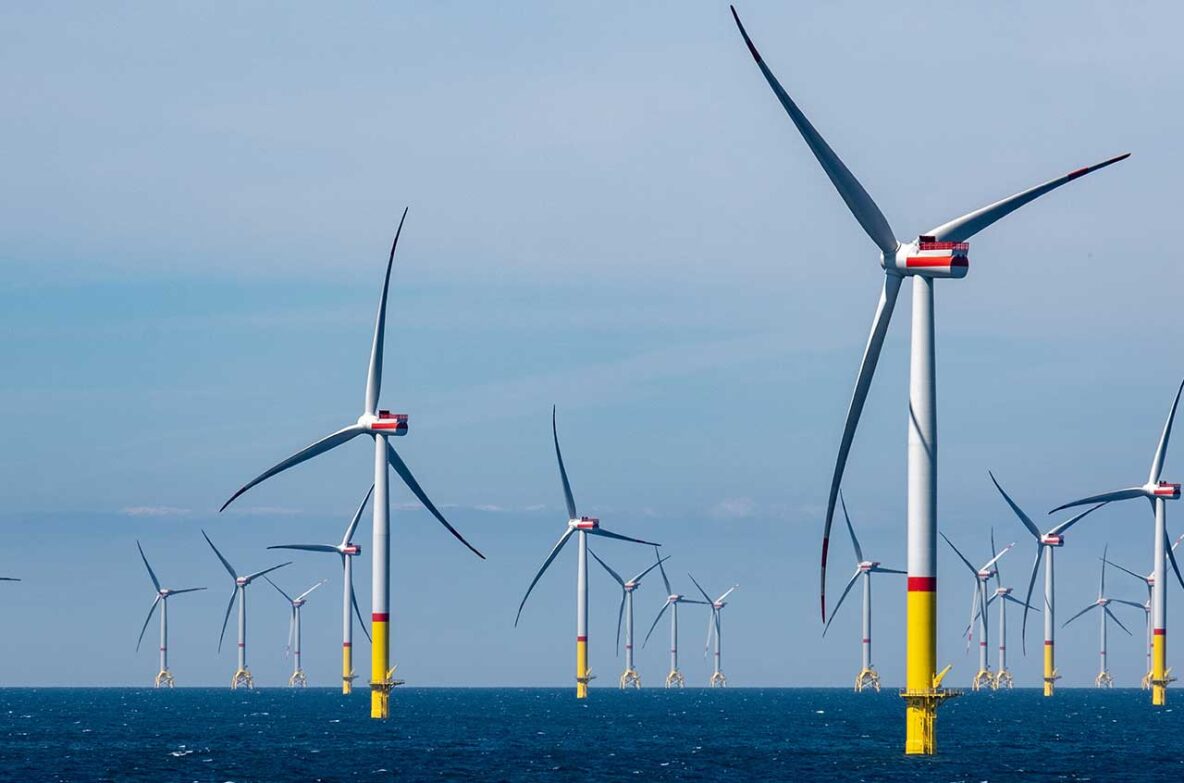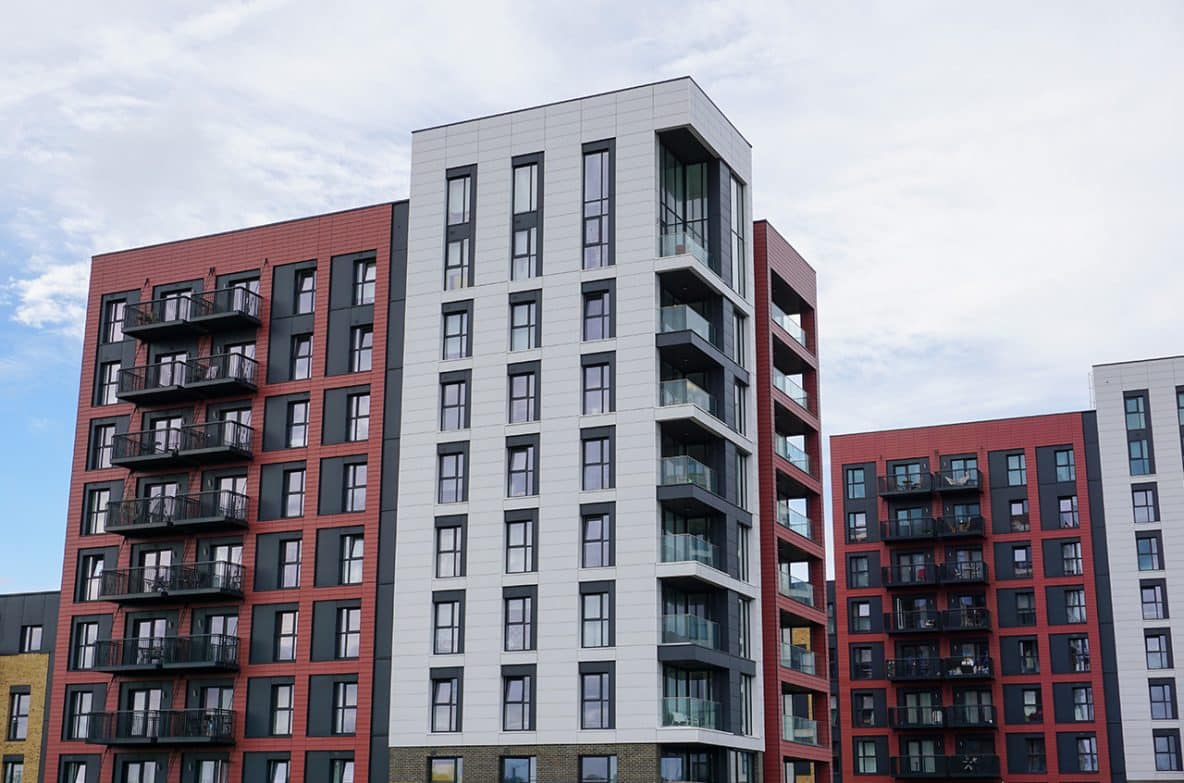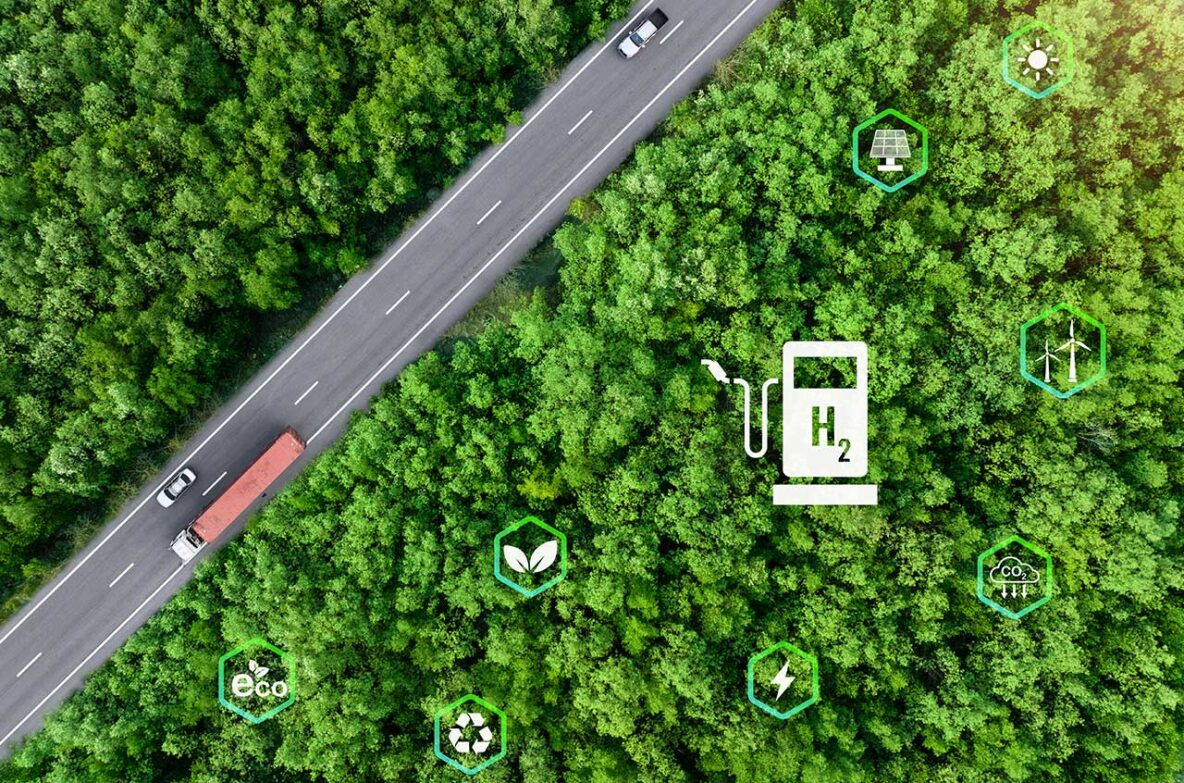Personal Emergency Evacuation Plans (or PEEPs) are used to ensure that those who may need assistance can evacuate safely in an emergency, for example, persons with limited mobility, vision, or hearing. These are often used in situations such as healthcare premises, hotels, and residential educational establishments where people with restricted mobility may be present. In 2021, following on from the … Read More
Fire Safety in Mass Timber Buildings
Arup, a services firm that provides design and engineering advice, has released a guide on the fire-safe design of mass timber buildings. The guide provides in-depth detail on the fire safety considerations of using load-bearing mass timber construction. The document is aimed at fire safety engineers involved in designing and building mass timber buildings and seeks to answer a range … Read More
Road Haulage Association Publishes Direct Vision Standard Guidance
The RHA (Road Haulage Association) has published a set of guidelines produced by Loughborough University to help firms operating heavy goods vehicles (HGVs) in London understand new Direct Vision Standard (DVS) specifications brought in by Transport for London. HGVs with a gross vehicle weight of over 12 tonnes are required to hold a HGV Safety Permit before entering and operating … Read More
UK Workers at Risk from Pipeline Danger
Linewatch, a high pressure oil and gas pipeline safety awareness group, has released an infringement report for data collected throughout 2023. Linewatch focuses on preventing pipeline accidents by raising awareness and encouraging safe working practices. The report focuses on the number and cause of ‘infringements’ reported by members of Linewatch. Linewatch defines infringements broadly and includes anything from people working … Read More
Wind Turbine and Motion-Compensated Gangway Safety Alerts
Two safety alerts have been issued by the HSE regarding wind turbine service lifts and motion-compensated gangways. The first safety alert was issued following an injury suffered by a technician when their hand became trapped between the fixed and moving parts of a service lift. The issue was that the design of the base and upper landing gates and associated … Read More
Updated Chemicals Code of Practice in Ireland
The Health and Safety Authority in the Republic of Ireland has published a new code of practice regarding the use of chemical agents and carcinogens. The new Code of Practice combines the 2001 Carcinogen Regulations with its amendments in 2015 and 2019. The Code of Practice outlines various chemical agents and carcinogens and the Occupational Exposure Limit Values associated with … Read More
Protect Your Worker’s Skin from Sun Damage
As we move towards the time of year when the sun is at its strongest, it is more important than ever to take appropriate precautions to protect employees from sun damage and skin cancer. Particular care should be taken when employees work outside for extended periods, for example as in the construction and agricultural sectors. Anyone who works outside for … Read More
High Rise Building Safety Cases and Costs
The Department for Levelling Up, Housing and Communities (DLUHC) and the HSE have produced a joint open letter to building managers and owners in relation to the service charges levied on leaseholders associated with building safety compliance. As part of recent requirements, any high-rise residential building must have an accountable person prepare a safety case for the building and then … Read More
Grand opening of PIB’s new Chesterfield branch
We are pleased to announce the opening of our new branch in the heart of Derbyshire. The new site in Chesterfield is designed to enhance service delivery and support in the local region, bringing together our teams from PIB Risk Management and PIB Insurance Brokers. This expansion not only underscores our commitment to growth but also reflects our dedication to … Read More
Green Hydrogen Production Guidance Launched
New guidance published by the Environment Agency provides information on emerging techniques in the production of hydrogen by the electrolysis of water (green hydrogen) and information on how to minimise the environmental impacts. The guidance follows the announcement of 11 major green hydrogen production projects in the UK over the next three years. The guidance, developed in cooperation with industry … Read More
